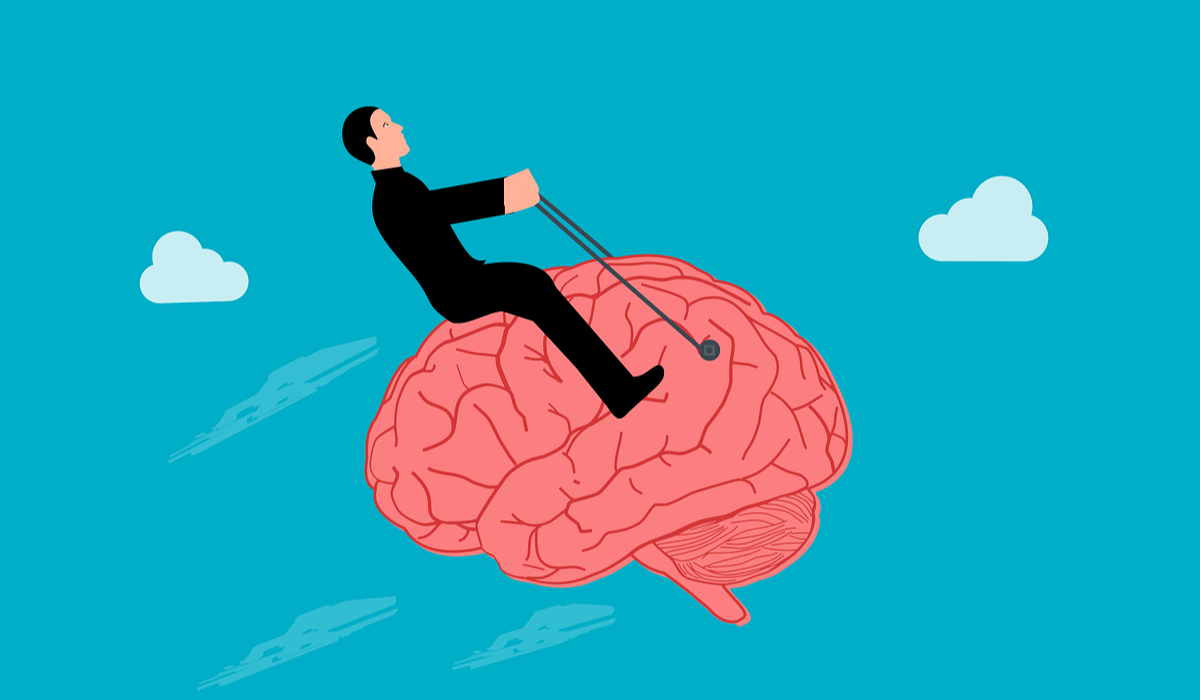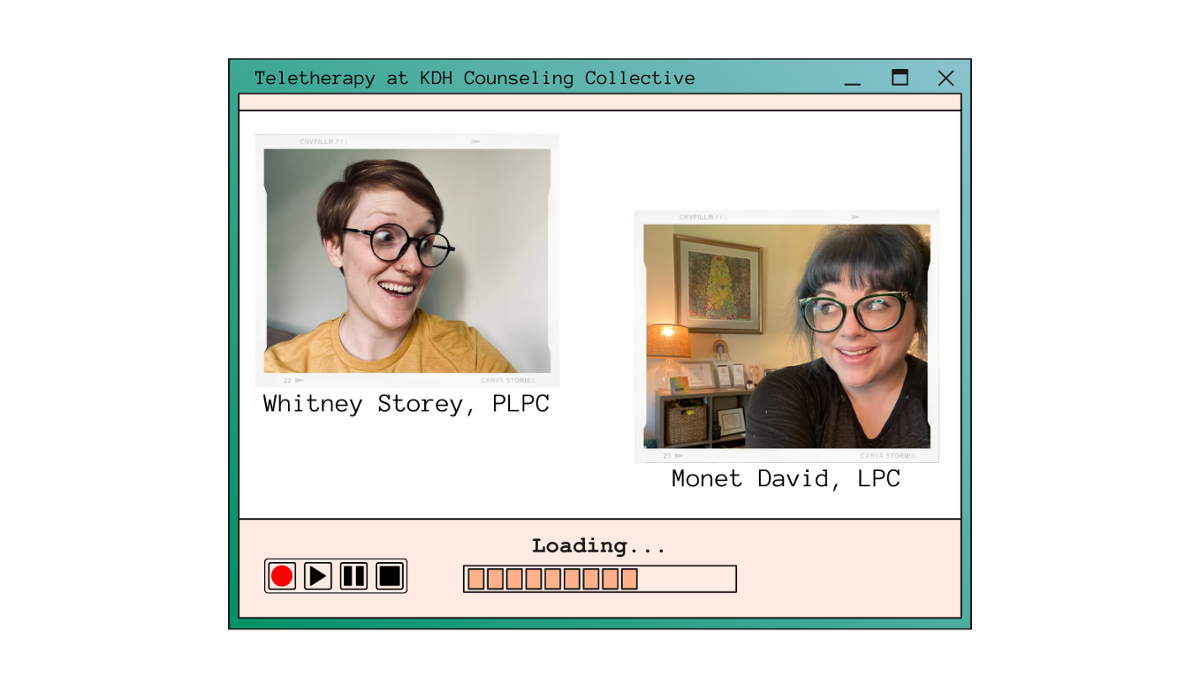The Curse of the Shoulds
As I'm writing this, we have just come out of another Mother's Day and I am thinking ahead to the next few holidays and what my family will be doing....

When I talk to clients about their struggles, I notice a very familiar pattern that I find myself in: what causes the struggle becomes the focus of our life and we become fused with it. We believe we must get rid of these thoughts (or feelings, memories, urges, etc.) so that we can live a life we dream of living.
Learning about brain function can benefit us in a number of ways:
Let's use anxiety as an example. What if I were to give you the option, with magic, to get rid of your anxiety completely? Anxiety is uncomfortable at best and debilitating at worst. It keeps us from taking risks that might lead to big rewards. It keeps us quiet when we could speak up. It causes medical problems like tension, migraines, digestive issues, and more.
I often use the example of paying my bills - if I never felt anxious, I would probably have a very hard time paying my bills (and especially on time). I need that anxiety in order to get me up and moving because keeping a roof over my head is actually really important!
Anxiety is related to the function of our limbic system (the red and purple in the image below). This piece of our nervous system lives inside of our brain and is shaped almost like those old-school Bluetooth headsets that wrapped around your ear. Our limbic system is responsible for unconscious emotional responses: our fight and flight response, our urges to eat, and urges to mate. The limbic system is constantly scanning the environment for danger and checking in with our body to ensure we are surviving and will continue to survive. It works without us being aware and its sole purpose is to keep us (as individuals and as a species) alive.
.svg.png?width=423&name=800px-Basal_ganglia_and_related_structures_(2).svg.png)
So back in our ancestor's days, they might come out of the cave in the morning, hungry after a long night of sleeping. In the distance, there's a dark shadowy shape. It might be a bush full of ripe berries. Or it might be a saber tooth tiger, also waiting for breakfast. You and I are the offspring of the folks who looked at that shadowy figure, noticed their hunger and the whisper of danger - what if... - and decided to stay close to the cave. Our ancestors survived because when their limbic system saw the potential for danger and started firing, they listened to that anxiety. This was great for survival during the caveman days, but when was the last time you had to worry about a saber tooth tiger?
We have long histories, both in terms of our ancestors and in terms of our individual learning, that if we want to survive, we must listen to our anxiety. Taking that risk might end up being great, and there might be delicious berries there. Or that risk might fail, and even though logically we know failure isn't going to kill us, our brains still have a pretty good way of convincing us that it could. We end up in those familiar thought cycles - this is scary>this feels bad>this must be bad>this will injure me>this will kill me.
The more I have learned about the way my own brain functions, and why it seems to insist that there is danger around every corner, the more empathy I can have for my brain. The poor thing is trying really hard to keep me alive, and I can absolutely appreciate that. And at the same time, I can begin to recognize that my brain is functioning from a standpoint that isn't totally grounded in the reality of this current world. Sometimes there are real dangers, and I need my limbic system to let me know when I should be paying close attention.
What if your anxiety could have less control over your everyday life? What are you missing as a result of your limbic system convincing you there's danger ahead? Maybe you'd tell that person how much they really mean to you? Maybe you'd take a leap and apply for that job?
If you'd like to learn more about your brain and, as a result, get out of your mind and start really living, reach out - I'd love to be a partner with you along on that journey.

As I'm writing this, we have just come out of another Mother's Day and I am thinking ahead to the next few holidays and what my family will be doing....

If you were to randomly choose a therapist, you would likely end up with someone who uses cognitive-behavioral therapy (CBT), which has been the...

The COVID-19 pandemic really turned the mental health world on its head. Not only have rates of mental health issues increased, but therapy...